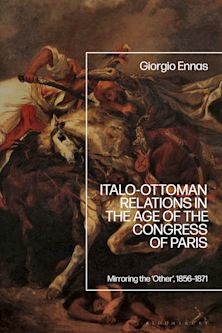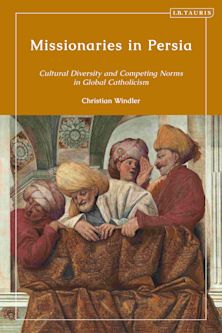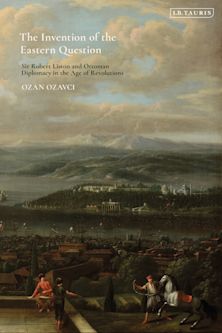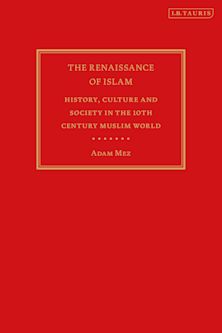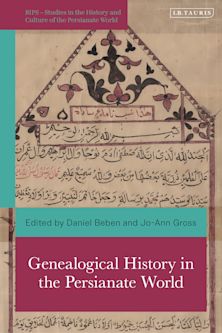Gendered Identities
Criticizing Patriarchy in Turkey
Gendered Identities
Criticizing Patriarchy in Turkey
Description
This study is an effort to reveal how patriarchy is embedded in different societal and state structures, including the economy, juvenile penal justice system, popular culture, economic sphere, ethnic minorities, and social movements in Turkey. All the articles share the common ground that the political and economic sphere, societal values, and culture produce conservatism regenerate patriarchy and hegemonic masculinity in both society and the state sphere. This situation imprisons women within their houses and makes non-heterosexuals invisible in the public sphere, thereby preserving the hegemony of men in the public sphere by which this male-dominated mentality or namely hegemonic masculinity excludes all forms of others and tries to preserve hierarchical structures. In this regard, the citizenship and the gender regime bound to each other function as an exclusion mechanism that prevents tolerance and pluralism in society and the political sphere.
Table of Contents
Rasim Özgür Dönmez
Chapter 2: The Unknown Reality of Women in Turkey: Economic Violence
Serap Durusoy
Chapter 3: Development and The Southeastern Anatolia Project (Gap): An Eco-Feminist Inquiry
Nahide Konak
Chapter 4: Transsexuals in Turkey: Between Disciplining and Eradicating
Burçak Cürül and Rasim Özgür Dönmez
Chapter 5: Mujde Ar as a Twist In The Dominant Fiction Of The Cinema Of Turkey
Tolga Yalur
Chapter 6: Looking at the Juvenile Penal Justice System In Turkey Through The Question Of Patriarchy
Verda Irtis
Chapter 7: Islamic Women’s Ordeal With The New Face(S) Of Patriarchy In Power: Divergence Or Convergence Over Expanding Women’s Citizenship?
Canan Aslan
Chapter 8: Alevi Woman And Patriarchy
Fazilet Ahu Özmen
Chapter 9: Positioning Identities in Terms of Gender Equality: The case of istanbul Greek Minority
Gökçe Bayindir Goularas
Conclusion
Product details
| Published | 16 May 2013 |
|---|---|
| Format | Ebook (Epub & Mobi) |
| Edition | 1st |
| Extent | 204 |
| ISBN | 9780739175637 |
| Imprint | Lexington Books |
| Publisher | Bloomsbury Publishing |














